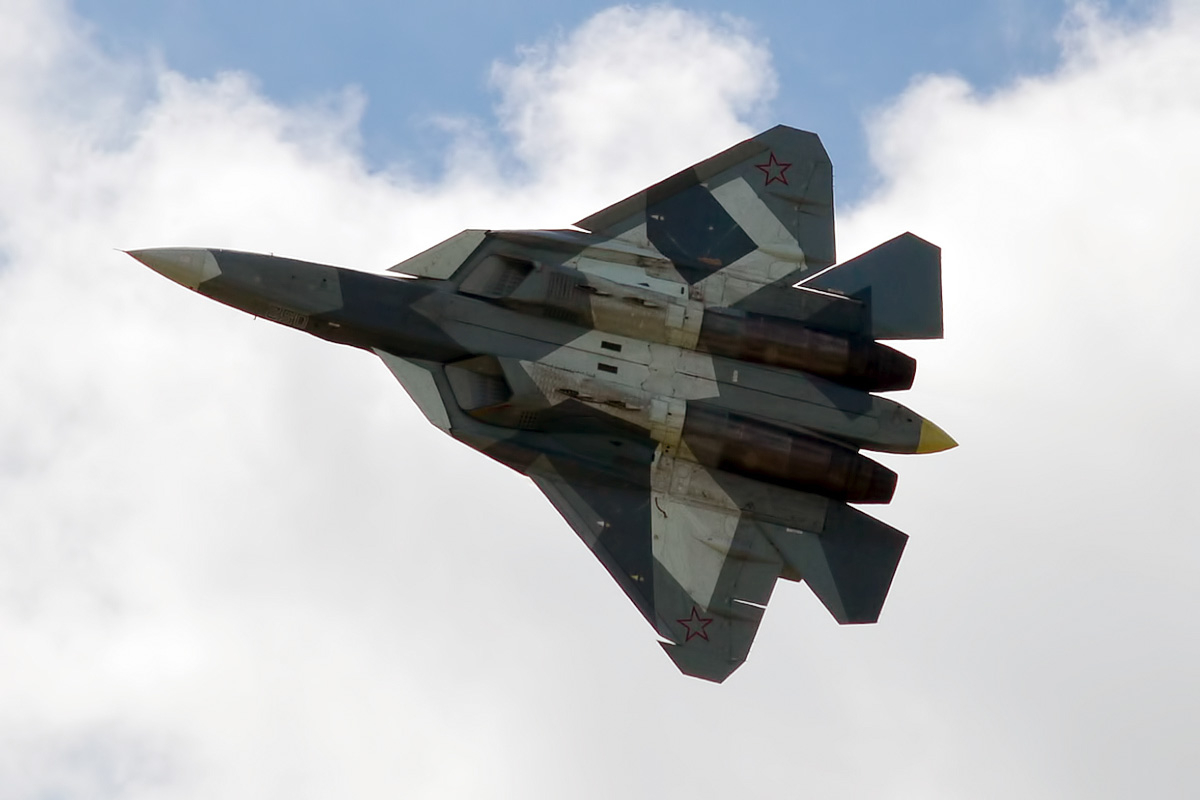How Erdoğan's Miscalculation Crippled Turkey's Aerial Firepower
by Burak Bekdil from The Gatestone Institute on July 5th
Turkey is still blackmailing the U.S. (and NATO allies) that it may opt for a Russian fighter jet, the Su-57, for instance, in case it feels threatened by the lack of a new generation fighter aircraft. This is bluffing.
Turkish Air Force generals know too well that switching from NATO-standard aircraft to Russian ones after 70 years is not like changing your American car in favor of a Japanese one. Building a new operational structure, modifying air bases, new repair, service and maintenance systems will be too costly, time consuming and technologically difficult.
Erdoğan's top officials are undermining themselves when they try to convince the public that Turkey's local defense industry is making miracles in fighter jet technology.
In the meantime, fearing further U.S. sanctions, Turkey has suspended plans to activate the S-400 surface-to-air missile system.... This means Ankara paid a good $2.5 billion to Moscow for a system that it probably will never activate.
"This is a sale. We received our money. The Turks can ride the missiles to go to the beach or to carry potatoes with them. It's not our concern." — Aleksey Yerhov, Russia's ambassador to Ankara, mocking Turkey's reluctance to activate the S-400 surface-to-air missile system, onedio.com, July 6, 2020.

One of the hottest issues in the 50-minute discussion between Turkish President Recep Tayyip Erdoğan and U.S. President Joe Biden during the NATO summit of June 14 was NATO member Turkey's acquisition of the Russian-made S-400 long-range air defense system and subsequent U.S. sanctions, including expelling Turkey from the U.S.-led multinational consortium that builds the F-35 fifth-generation fighter jet. Unsurprisingly, the meeting ended without a solution. That is bad news for the Turkish Air Force (TuAF).

No comments:
Post a Comment